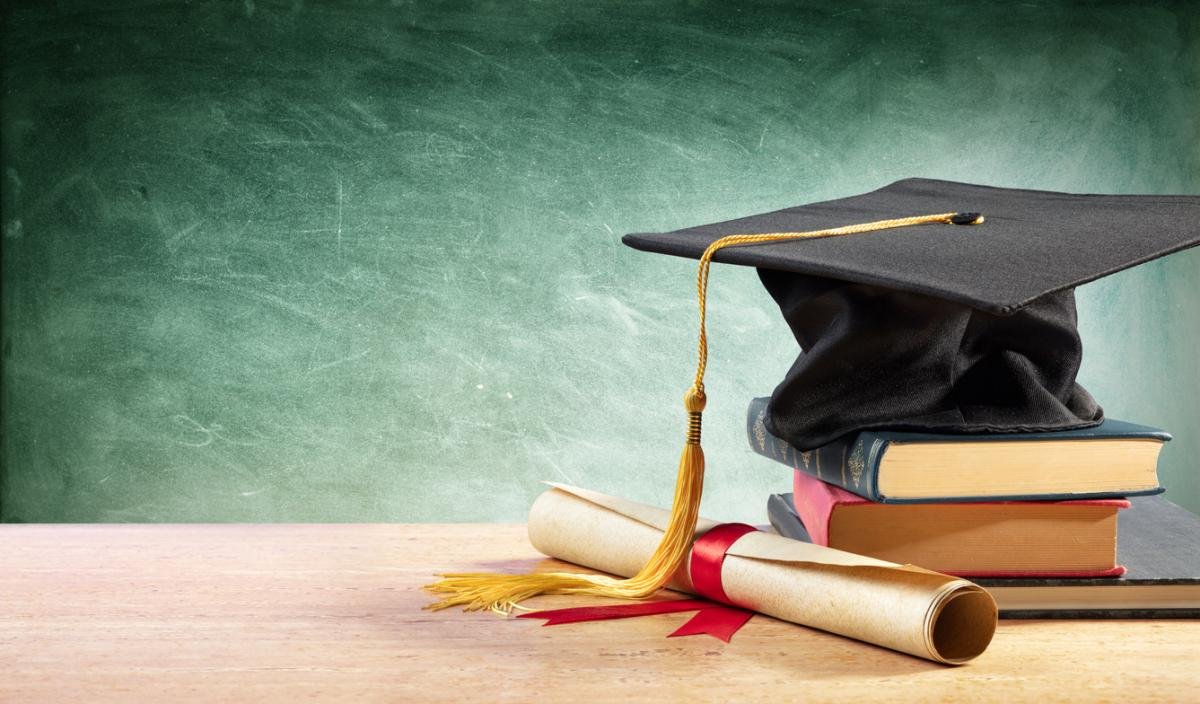Education is more than a system of teaching and learning—it is the foundation for personal growth, societal development, and innovation. Over time, it has evolved from rigid structures and rote memorization into a dynamic ecosystem that values creativity, critical thinking, and lifelong learning. Modern education reflects changes in society, technology, and the economy. It is no longer confined to classrooms, textbooks, or standardized assessments. Students, teachers, and institutions are exploring diverse methods and platforms to equip learners with the knowledge, skills, and mindset needed to thrive in a complex world. This article explores the evolving nature of education, its challenges, innovative approaches, and the ways it shapes individuals and communities.
Education serves multiple purposes. At its core, it provides knowledge and skills, but it also nurtures character, curiosity, and the ability to think critically. It enhances understanding, reasoning, and problem-solving skills. Schools and learning environments teach collaboration, empathy, and communication. Educated individuals are more likely to participate in community and societal development. Education opens doors to career opportunities, innovation, and financial stability. In essence, education is a tool for empowerment—equipping individuals to navigate life, contribute meaningfully to society, and pursue personal fulfillment.
Despite its importance, education faces persistent challenges. Many regions struggle with limited resources, inadequate infrastructure, and insufficient trained educators. Socioeconomic disparities often determine the quality of education available, creating inequality in opportunities. Traditional curricula sometimes fail to address contemporary needs such as digital literacy, critical thinking, or practical life skills. Students may graduate academically proficient but unprepared for real-world challenges. Maintaining student interest in an era of distractions is challenging, and passive teaching methods can fail to cultivate curiosity, creativity, or deep understanding. Educators require continuous training, resources, and professional development. Overburdened or underprepared teachers may struggle to provide high-quality instruction. While technology can enhance learning, improper use or unequal access can exacerbate existing inequalities. Finding the right balance is crucial.
Several approaches and technologies are transforming how education is delivered and experienced. Online courses, virtual classrooms, and learning management systems allow students to access content anytime, anywhere. Platforms like Khan Academy, Coursera, and edX offer diverse subjects for learners worldwide. Hands-on experiences, project-based assignments, and real-world applications help students retain knowledge and develop practical skills. Adaptive technologies and individualized learning plans cater to students’ unique strengths, weaknesses, and pace. Group projects, discussion forums, and peer mentoring encourage collaboration, critical thinking, and communication skills, which are essential for professional and personal life. Integrating game mechanics into learning motivates students, enhances engagement, and promotes problem-solving in interactive and enjoyable ways.
Education is no longer confined to early life or formal institutions. Lifelong learning is increasingly recognized as essential in a rapidly changing world. Adults and professionals pursue continuous learning through workshops, online courses, certifications, and self-study. Lifelong learning enhances career adaptability, personal growth, and intellectual fulfillment. The rise of lifelong learning also reflects societal shifts—automation, digital transformation, and evolving industries demand that individuals update skills and knowledge throughout life.
Technology has dramatically changed both teaching and learning methods. Tablets, smartboards, and digital simulations enhance engagement and understanding. AI-driven tools offer personalized feedback, adaptive content, and predictive analytics to support student success. Immersive experiences allow learners to explore historical sites, scientific simulations, and complex concepts firsthand. Digital classrooms provide opportunities for students in remote areas to access quality education without relocation. However, technology must be integrated thoughtfully to avoid dependence and ensure equitable access.
Modern education emphasizes not just knowledge but skills critical for personal and professional success. Analyzing information, making decisions, and developing solutions are core competencies. Effective expression and teamwork are essential across industries. Navigating digital tools, online information, and cybersecurity is increasingly important. Encouraging experimentation and originality drives progress and entrepreneurship. Education systems that balance knowledge acquisition with skill development prepare learners for the uncertainties of modern life.
Holistic education addresses the mind, body, and spirit, recognizing the interconnectedness of intellectual, emotional, social, and physical development. Understanding and managing emotions improves relationships, empathy, and resilience. Sports, exercise, and health education support cognitive and emotional performance. Teaching values, ethics, and civic engagement nurtures responsible, contributing citizens. Exposure to diverse perspectives promotes global understanding and collaboration. A holistic approach ensures that learners are not only knowledgeable but also well-rounded, socially responsible, and capable of lifelong growth.
Several trends point toward the future of education. Combining traditional classroom experiences with digital tools enhances flexibility and access. Online platforms connect learners across borders, fostering cultural exchange and collaborative problem-solving. Communication, adaptability, and creativity are gaining recognition as essential alongside technical knowledge. Learning about environmental stewardship, social responsibility, and ethical practices prepares students to address global challenges. Analytics on student performance, engagement, and outcomes inform curriculum design and teaching strategies. Education is poised to become more adaptable, inclusive, and aligned with the demands of an interconnected world.
Education is a journey of discovery, growth, and transformation. It equips individuals with the knowledge, skills, and mindset to navigate life, contribute meaningfully to society, and pursue personal fulfillment. Modern education challenges traditional boundaries, emphasizing creativity, collaboration, technology integration, and lifelong learning. It is no longer confined to classrooms or age groups but extends into professional development, digital platforms, and experiential opportunities. By embracing innovative approaches, fostering equity, and cultivating holistic development, education can empower individuals and communities to thrive in a complex, ever-changing world. Its ultimate goal is not only the accumulation of knowledge but the cultivation of thoughtful, capable, and compassionate individuals capable of shaping a better future.


